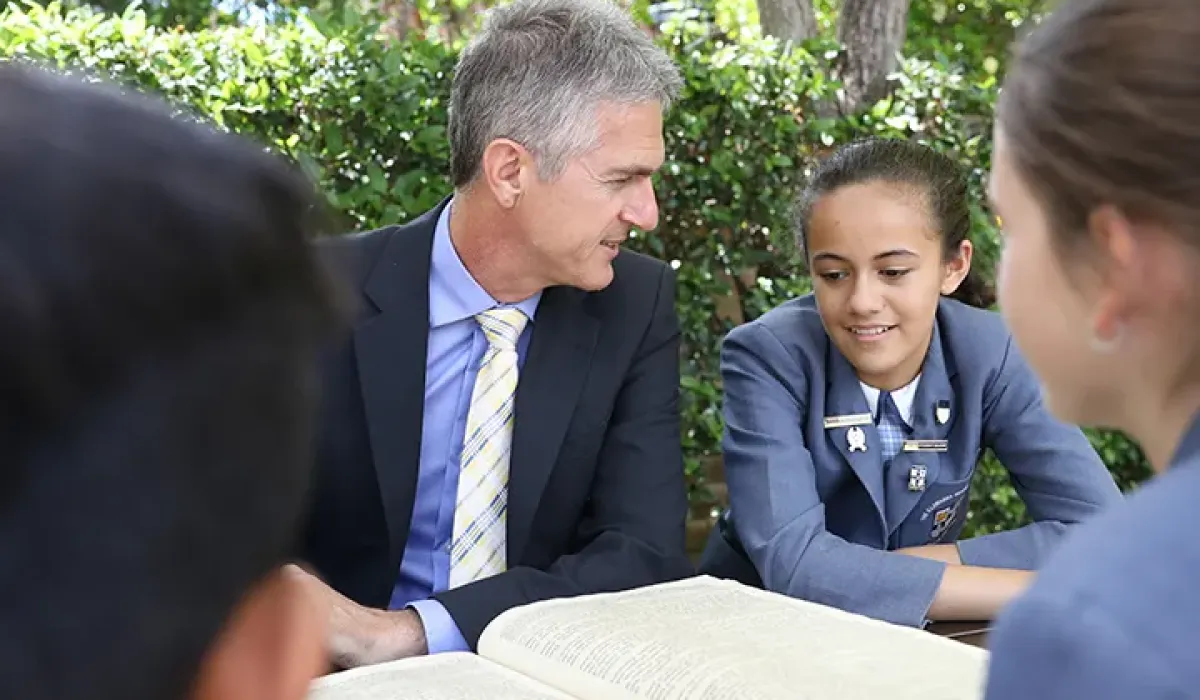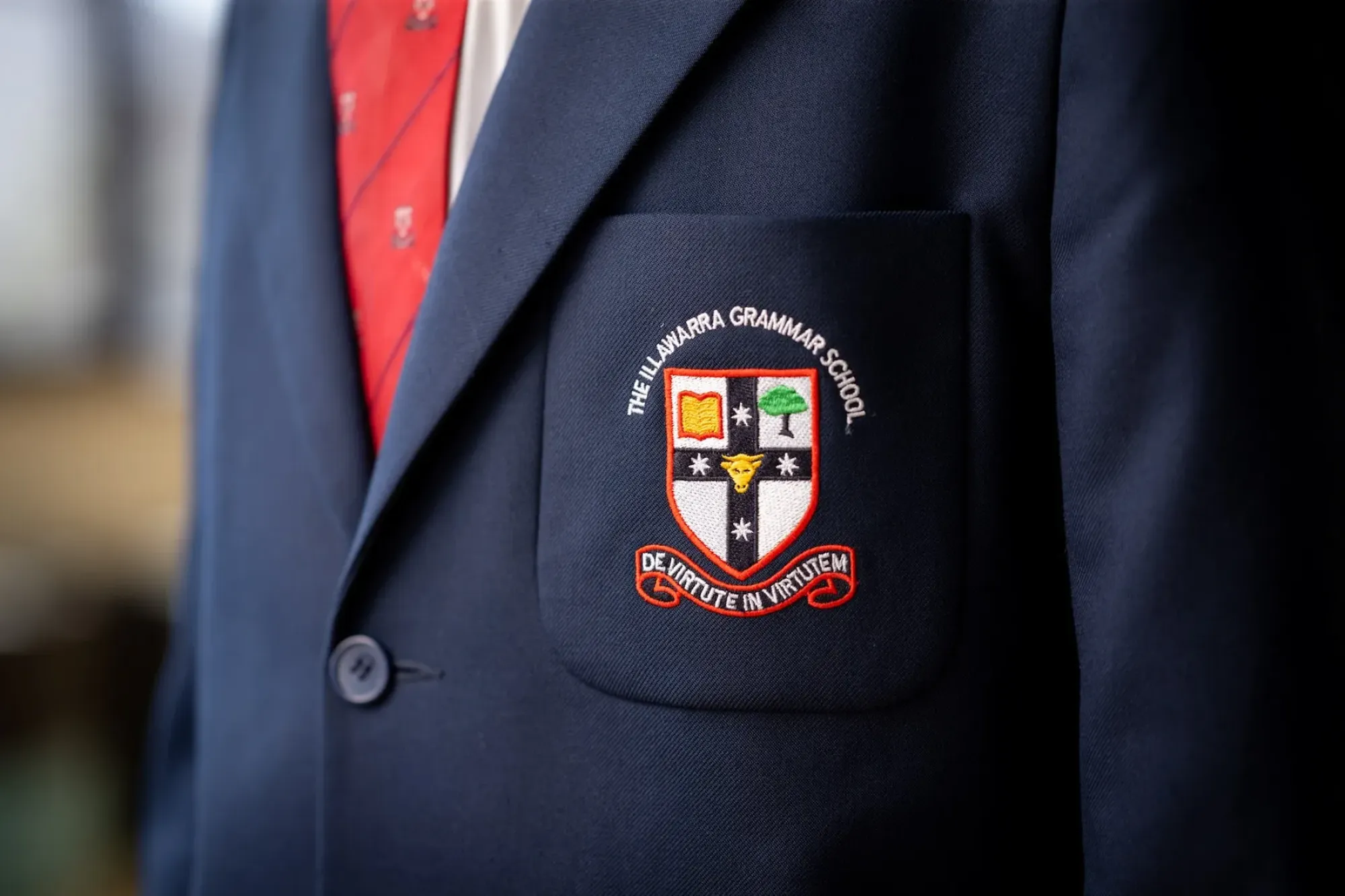
The CARDUS Education Survey Australia
In 2019, a consortium of six Australian Christian School associations enlisted CARDUS – a Canadian think tank – to conduct a survey of Australians aged between 25-39 (commonly known as Millennials) who completed secondary school between 1998-2011. What has come to be known as the CARDUS Education Survey Australia analyses the influence of the Government, Catholic, Independent and Christian schooling sectors on the later life experiences of their graduates.
More specifically, the survey was designed to discover whether and to what extent these students had been shaped by their schools to contribute to the common good. The common good was defined by CARDUS as a functioning and flourishing community where one’s good is dependent on and bound up in the good of one’s neighbour. Formation in this way of reckoning is geared towards enriching others’ lives. Hence, the survey eschews the traditional focus on income and employment alone, taking in values and behaviours that enrich and sustain a vibrant public square such as how schools cultivate and engage with a range of social, civic, cultural, academic and spiritual outcomes. In this sense, it is a great companion to schools like ours which aim to provide a holistic education in keeping with the complexity of what it means to be a relationally human.
The six areas measured include patterns of formation at school and post-school experiences of work, belonging, generosity, family and religion.
Our School is situated within the Independent sector, even though we are serious about our Christian faith stance as a School. The strengths of graduates from the Independent sector include educational qualifications (including the highest percentage of tertiary and post-graduate attainments); service (including high levels of financial giving and volunteering); relationships (with good levels of success in forming and maintaining marriages). When asked how well they felt their schools prepared them for life beyond school, students in the Independent sector admitted to being well prepared for academic success at university and good success in dealing with personal relationships.
As an Anglican School within the Independent sector, I was a little concerned to find that Independent school students said they only felt somewhat prepared to find meaning and purpose in life. Commensurate with this was a mixed response when it came to whether religious faith was pursued outside of the mandatory involvement in School. Only a quarter of respondents admitted to engaging with a religious service or text beyond school, although slightly more admitted to the practice of prayer.
This survey is instructive for those of us who are passionate about education. It is a reminder that the way we curate the school experience makes a significant difference later in life. Proverbs 22.6 says if we train up children in the way they should go, they won’t depart from this trajectory. As a piece of wisdom literature, this is not a water-tight promise but instead a statement of general truth which demands we take seriously the routines and rituals we use to shape our students. The contents of the survey also enable us to ponder unrealised goals (such as instilling in our students a strong sense of purpose and meaning in life) and what adjustments might be required during a student’s time at school to ensure the success of this value beyond school.
As vital partners with us in the shaping of your children, I have included the report website link below. You can access the full report, a summary report or infographic via the website. I hope you might engage with the report as a way of informing the important part you play in the way we shape the educational experience at TIGS
cardus education survey report

